High blood pressure—also known as hypertension—affects millions worldwide, often without symptoms. Yet, it’s a leading risk factor for heart disease and stroke. With so much conflicting advice online, it’s easy to feel overwhelmed. This guide cuts through the noise with 21 science-backed myths and facts to help you start fast, stay consistent, and measure results weekly.
❌ Myth. Hypertension is often called the "silent killer" because most people feel fine. Regular blood pressure checks are essential—even if you feel healthy.

✅ Fact. The only way to know your status is to measure. Start with a home monitor and track weekly.
❌ Myth. Rising stress, poor diets, and sedentary lifestyles mean younger adults and even teens can develop high blood pressure.
✅ Fact. Whether you're 30 or 70, reducing salt, exercising, and managing stress can lower blood pressure in weeks.
❌ Myth. Medications help, but they’re not a free pass to eat poorly. Lifestyle and meds work best together.
✅ Fact. The American Heart Association recommends no more than 1,500–2,300 mg of sodium daily. Read labels—processed foods are major culprits.
❌ Myth. Healthy fats like those in avocados, nuts, and olive oil support heart health and can help lower blood pressure.
✅ Fact. Foods like bananas, spinach, and sweet potatoes boost potassium, helping your kidneys remove excess sodium.
❌ Myth. Moderate exercise is safe and effective. Always consult your healthcare provider before starting, but most people benefit greatly.

✅ Fact. Brisk walking, cycling, or swimming most days lowers systolic pressure by 5–8 mm Hg.
❌ Myth. Chronic stress contributes to long-term hypertension. It can also lead to unhealthy coping habits like overeating or drinking.
✅ Fact. Deep breathing for 5–10 minutes daily can reduce blood pressure. Try guided apps or simple inhale-hold-exhale techniques.
❌ Myth. Stopping medication without medical advice can cause dangerous spikes. Always follow your care plan.
✅ Fact. Use a journal or app to log readings every week. Trends matter more than single numbers.
❌ Myth. Even slim individuals can have high blood pressure due to genetics, stress, or diet.
✅ Fact. Family history increases risk, but healthy habits can delay or prevent hypertension.
❌ Myth. Caffeine may cause a short spike, but regular drinkers often develop tolerance. Monitor your response.
✅ Fact. More than one drink a day for women or two for men increases risk. Limiting alcohol can lower pressure by 4 mm Hg.
❌ Myth. While some supplements (like magnesium or omega-3s) may help, they’re not substitutes for prescribed treatment.
✅ Fact. Small, daily changes—like walking, reducing salt, or meditating—are more effective long-term than extreme short-term efforts.
You don’t need a perfect plan—just a consistent one. Pick 2–3 facts to act on this week. Track your blood pressure every 7 days. Celebrate progress, not perfection. With the right knowledge, you’re not just managing hypertension—you’re taking control of your health.

Health

Health

Health

Health
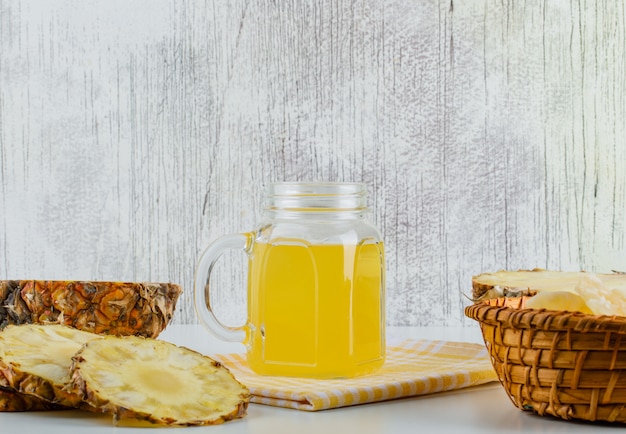
Health
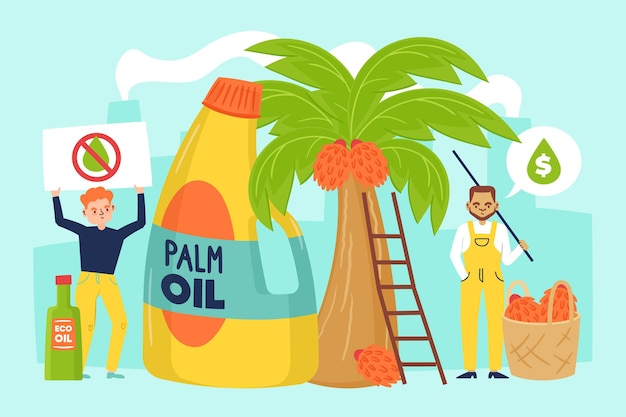
Health
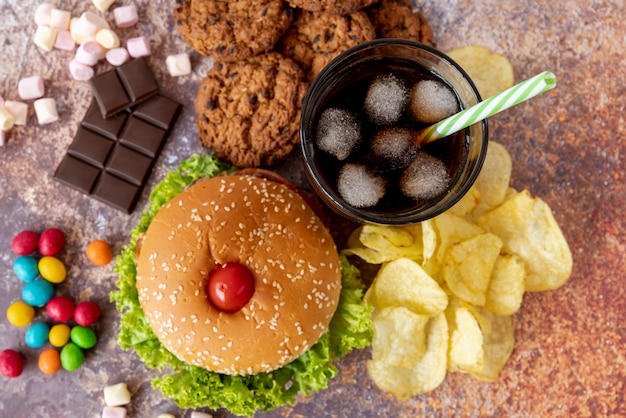
Health
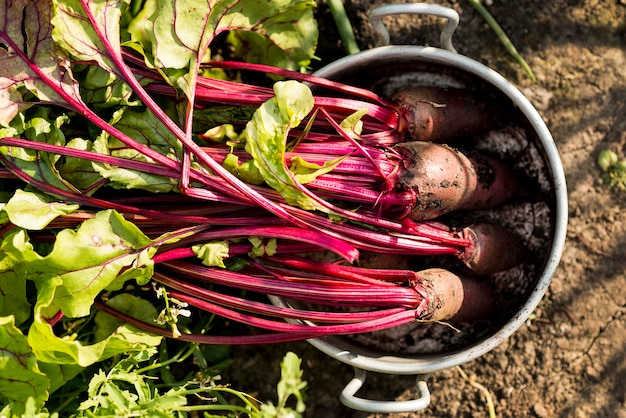
Health

Health
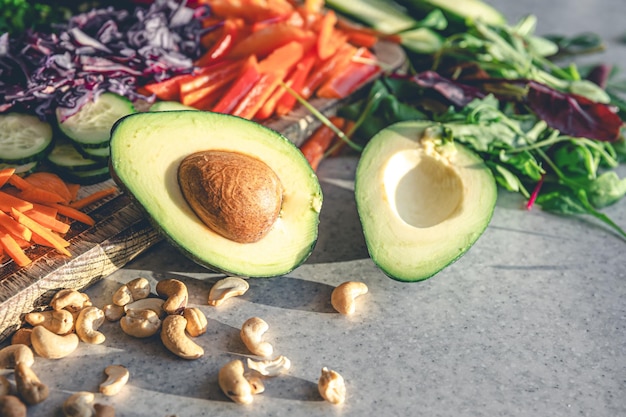
Health
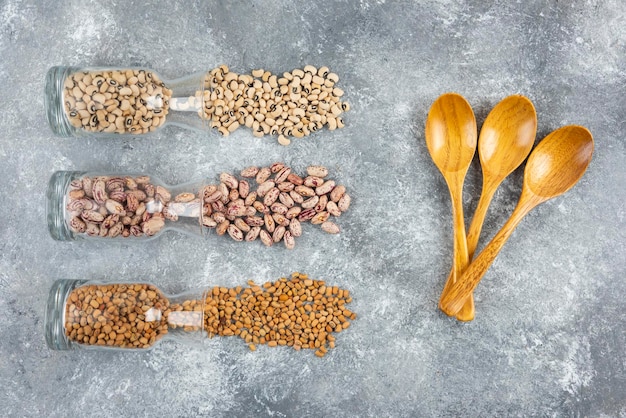
Health

Fitness

Health

Fitness

Health

Health